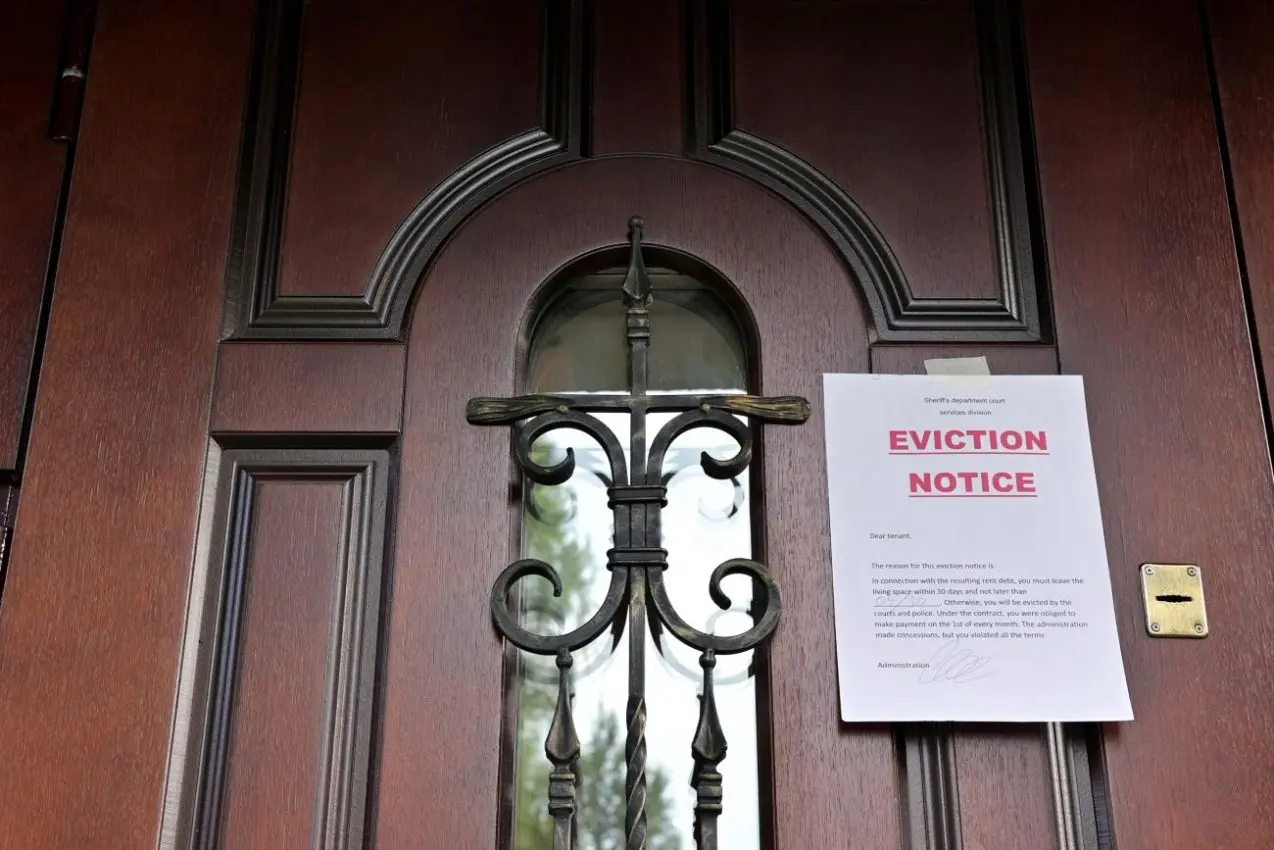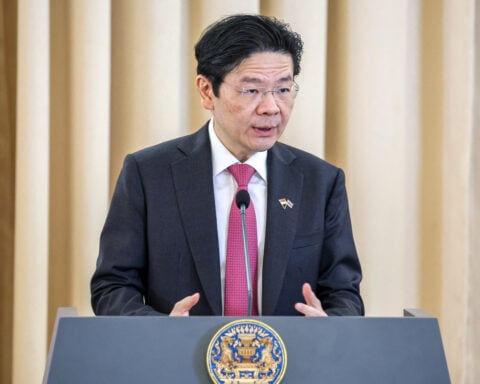A prominent California eviction law firm has come under fire after submitting an AI-generated court document containing fictitious case law, spurring debate on ethical AI use in legal proceedings. Dennis P. Block & Associates, the self-proclaimed “leading eviction law firm” in the state, was recently sanctioned by a Los Angeles County Superior Court judge for a filing crowded with fabricated citations.
The incident raised concerns about accountability and integrity in eviction cases, where outcomes have major consequences for vulnerable renters. While AI tools like ChatGPT hold the potential for efficiency gains, experts warn they require diligent supervision to prevent factual inaccuracies or distortion. For overburdened housing courts, the pressure to process bulging caseloads swiftly may incentivize attorneys to cut corners, risking violations of ethics and duties owed to the court. You can learn the benefits of artificial intelligence in law firms here.
Upon inspection, Block’s submission was found to include various case laws that were either wholly invented or irrelevant to eviction statutes. The format, language, and legitimately referenced cases initially obscured flaws that materialized under scrutiny. The filing’s similarities with a ChatGPT-sourced brief from another state stirred suspicions that Block’s firm had siphoned the document from a generative AI assistant without verification.
The exposure of baseless cases, known as AI “hallucinations,” contravenes an attorney’s basic obligation to ensure factual precision when citing legal precedent to support arguments before a court. The stakes intensify for unrepresented tenants in a housing crisis, heightening calls for expanded access to counsel in eviction hearings. While Block has built a reputation for handling landlord disputes, the sanction follows a trail of dissatisfied clients leveling malpractice complaints.
Generative language models like ChatGPT can produce persuasive content on prompting but lack a grounded understanding of reality to confirm the accuracy of their output. Despite projecting confidence and detail, these AI systems invent claims that lack meaningful analysis, risking consequences when deployed without safeguards, oversight, and accountability.
The temporary nature of eviction court concentrates risk by encouraging volume over rigor. While falling just short of triggering a referral to the state bar for potential discipline, the sanction levied on Block delivered a sharp warning to ensure diligence when invoking legal precedent. For tenants on the brink of losing their homes, factual reliability provides a thin guardrail against injustice.
Calls have intensified for expanded access to tenant lawyers as eviction filings soar beyond pre-pandemic levels. Several California municipalities are weighing proposals offering free counsel in housing court to level the playing field. These measures could curb the incentive to cut corners driven by overwhelming caseloads if implemented. They may also deter submissions grounded in AI rather than law.
As innovative technologies reshape law practice, short-term efficiency gains risk undermining long-term duties by diluting rigor and verification. While AI can augment legal work, trusting automation absent oversight courts calamity. Before citing a case, attorneys must confirm it exists beyond the closed loop of machine learning. As Los Angeles grapples with a deepening affordability crisis, the sanctity of facts in housing court concentrates lives in the balance.

 Trump has begun another trade war. Here's a timeline of how we got here
Trump has begun another trade war. Here's a timeline of how we got here
 Canada's leader laments lost friendship with US in town that sheltered stranded Americans after 9/11
Canada's leader laments lost friendship with US in town that sheltered stranded Americans after 9/11
 Chinese EV giant BYD's fourth-quarter profit leaps 73%
Chinese EV giant BYD's fourth-quarter profit leaps 73%
 You're an American in another land? Prepare to talk about the why and how of Trump 2.0
You're an American in another land? Prepare to talk about the why and how of Trump 2.0
 Chalk talk: Star power, top teams and No. 5 seeds headline the women's March Madness Sweet 16
Chalk talk: Star power, top teams and No. 5 seeds headline the women's March Madness Sweet 16
 Purdue returns to Sweet 16 with 76-62 win over McNeese in March Madness
Purdue returns to Sweet 16 with 76-62 win over McNeese in March Madness








